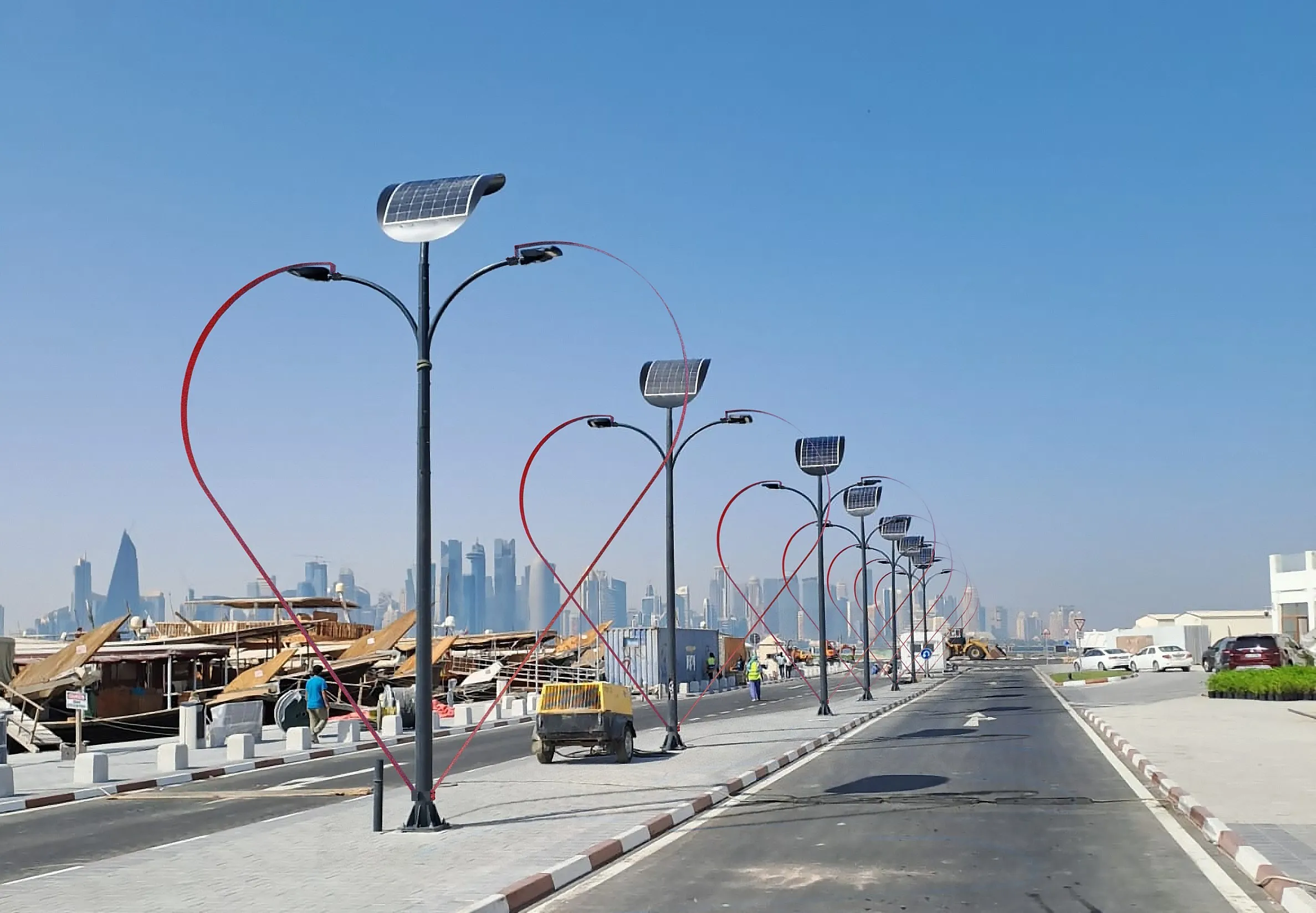The first bus will begin test operations in April with its premiere route between Paris and Amiens, France. The second E-Bus will run from Hessen to Baden-Württemberg, Germany, in Summer 2018.
Additionally, FlixBus will continue to invest in grid expansion in the coming months while approximately 140 new destinations will be added in German-speaking countries with connections planned across 26 other markets in which the company operates.
On 23 March, the long-distance green Flixtrain will launch in Germany while the FlixBus USA will be deployed in Los Angeles, in Spring 2018. Both initiatives are intended to provide smart and green mobility for everyone to experience the world.
“The current trend is moving away from private car travel and towards shared mobility options such as buses. FlixBus is proud to be a pioneer in helping to propel this change and reliance on transportation with fossil fuels by providing some of the most climate-friendly mobility options in Europe”, Schwämmlein added.
Flixbus tests E-Buses with long-distance routes in France and Germany
Flixbus has confirmed that E-Mobility will test E-Buses on their long-distance bus routes in France and Germany. The project, according to André Schwämmlein, founder and CEO of FlixBus, aims to help shape the future of mobility as well as signal bus manufacturers to develop alternatives to pure diesel vehicles.
The first bus will begin test operations in April with its premiere route between Paris and Amiens, France. The second E-Bus will run from Hessen to Baden-Württemberg, Germany, in Summer 2018.
March 16, 2018
Read time: 2 mins
Flixbus has confirmed that E-Mobility will test E-Buses on their long-distance bus routes in France and Germany. The project, according to André Schwämmlein, founder and CEO of FlixBus, aims to help shape the future of mobility as well as signal bus manufacturers to develop alternatives to pure diesel vehicles.










